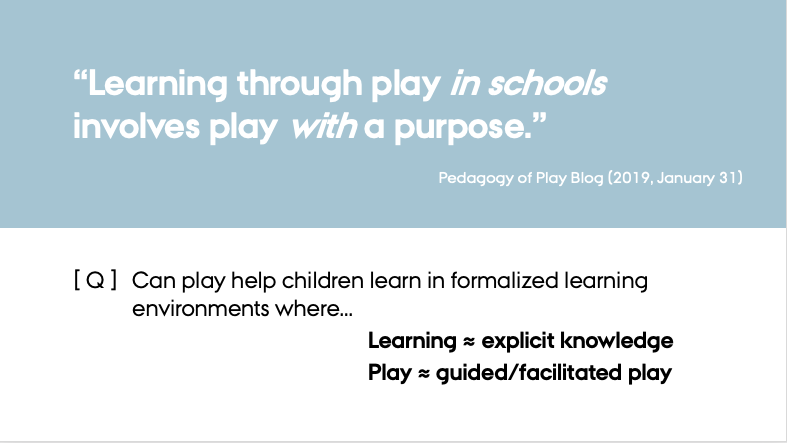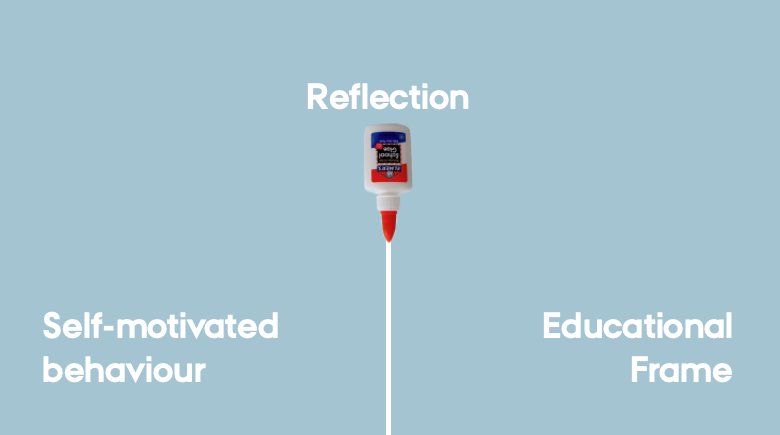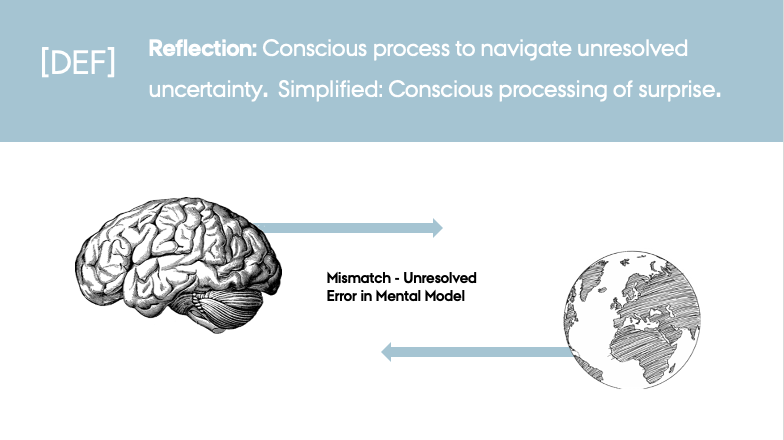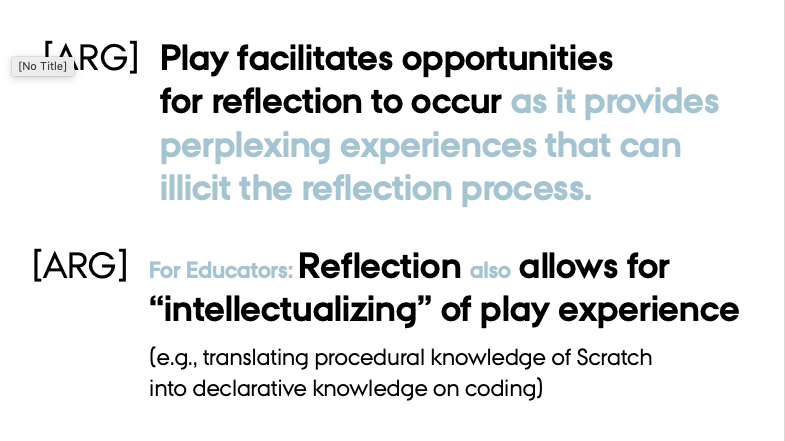This week, a wonderful group of play scholars ( @pedagogyofplay, @PEDALCam and PlayTrack @interact_minds) is gathering for the #PlaySymposium to engage in shared thinking of play. After some time to process, I thought it is time to capture Day 1 in a THREAD
First of all, some context. The event is closed for registration but the programme is available here:
https://interactingminds.au.dk/projects/playtrack/play-symposium/">https://interactingminds.au.dk/projects/...
https://interactingminds.au.dk/projects/playtrack/play-symposium/">https://interactingminds.au.dk/projects/...
Funded by the @LEGOfoundation, the event focuses on three main questions. 1. Why do we play, 2. What do we mean by play, 3. How to play (focusing on the role of the playful facilitator).
Each day, one of the three involved research groups takes charge of the program whilst drawing on the funds of knowledge of the other groups.
Let& #39;s get to Day 1 (Why play). @Marc_M_Andersen began the day by connecting play to the theory of Predictive Processing & positioned play as "a behaviour in which the agent seeks and creates surprising situations that gravitate towards sweet spots of relative complexity"
Hereby honing in on the question of why is it that play is so fun and rewarding. An account that can also be found in @Marc_M_Andersen and @aroepstorff recent pre-print on this framework that can be found here: https://psyarxiv.com/u86qy ">https://psyarxiv.com/u86qy&quo...
Fun in play, within the PP framing, is a sign that an agent (e.g., child) is reducing prediction error. Simplified, play is fun because we are learning.
This position, if it holds up, has interesting implications for Education. 1. It questions the premise that schools should be highly predictable environments, 2. Joy is not only helpful for intrinsic motivation but is closely connected to learning.
The talk was immediately followed by @DrJennyG from @PEDALCam who focused in her answer to the why with an account focusing on the social dimension of play.
In this, she prompted the participants with an intriguing puzzle: What is the relationship between mental health and play? Is there a correlation between decline of play (as argued for instance by Peter Gray) and rise in mental health difficulty? https://www.youtube.com/watch?v=Bg-GEzM7iTk&t=4s&ab_channel=TEDxTalks">https://www.youtube.com/watch...
Regarding the premise that play is in decline. There is some evidence pointing at this. A recent UK study commissioned by the @nationaltrust found that children spend half the time playing outside that their parents did. See for instance: https://www.childinthecity.org/2018/01/15/children-spend-half-the-time-playing-outside-in-comparison-to-their-parents/">https://www.childinthecity.org/2018/01/1...
In collaboration with @VickyYiranZhao, Jenny presented a secondary analysis of longitudinal data of the LSAC exploring the relationship between mental health and peer play.
In their analysis (building on a structural equation model), they found that peer play ability at Age 3 that there is a lower likelihood for Emotional problems at age 7.
The take-aways below really nicely capture the importance of pursuing this further. @VickyYiranZhao please let me know if I can add some additional references to your work
Since this event is about engaging in shared thinking, the first talks were followed by lengthy discussion. With such an interdisciplinary audience it was so intriguing how the positioning of a new construct can help you reflect about your own work.
Some puzzles that arose:
How is the predictive model related to Bayesian approaches to understanding learning in children (and humans)? A: Highly compatible (For those interested, see @wawiese & Metzinger, 2017, https://philpapers.org/rec/WIEVPF )">https://philpapers.org/rec/WIEVP...
How is the predictive model related to Bayesian approaches to understanding learning in children (and humans)? A: Highly compatible (For those interested, see @wawiese & Metzinger, 2017, https://philpapers.org/rec/WIEVPF )">https://philpapers.org/rec/WIEVP...
What do different disciplines mean when we speak of flow and surprise in relation to play? For example, surprise as a visible behaviour vs an internal process of prediction error
Moving to Part 2 of the day and a very timely talk by @HT100_Lynneth on "The role of play experiences in helping children cope with stress and trauma". Work that has been done in collaboration with Claire Liu and Jill Popp.
To start with, Lynneth responds to the question of the day. She argues that children play (amongst other things) "because [it] provides a safe environment for children to develop coping skills for the future and manage stress and the effects of trauma in the present."
Building on a recent lit rev, a strong arg. can be made that play can reduce stress and trauma in vast range of settings. For instance, playful learning activities, such as socio-dramatic play, increase positive feelings and promotive cognitive skills critical for emotion reg.
I was so appreciative of the diverse range of geographies included in this review and the settings explored (e.g., play in war and conflict, play in health care settings, ...) I will link to the review once available.
Before jumping in to the last talk of the day (me), I would like to take a quick break to acknowledge the incredible supportive environment I find myself in. Thanks to all for the input to my talk, and a special thank you to @lieberothdk for a very heart-warming intro
In my talk, I focused on the often assumed premise that play helps children learn. I specifically wanted to hone in on the word learn in this.
Much of the current argumentation around this [P] in play lit focuses on an evolutionary account: we play because it prepares us to navigate future uncertainties (i.e., fights, hunting,...). In other words, play spends energy on the proximate level, but ensures fitness ultimately
These accounts focus on accounts of play, where agents (incl. children) play for play& #39;s sake. Play here is autotelic. Yet, most of us relate to play also in formalised learnings spaces, where learning ≈ explicit knowledge and play ≈ guided/facilitated play
When considering the first talk on play and PP, this sets up a problem space: Schools are highly predictable + guided play increases the likelihood that the agent will miss reaching a sweet spot of complexity (since the agency lies in most cases with the facilitator).
My solution of how this disconnect could be addressed is reflection. Reflection hereby understood as the conscious process to navigate unresolved uncertainty.
Reflection (in most accounts, see for instance Rodgers summary of reflective accounts) begins with a perplexing situation - a felt surprise - that needs to be interpreted to be able to process it in systematic way.
Reflection also allows for the "intellectualisation" of experience into educational knowledge. Play hereby can play an important role at introducing surprises to the agent that can then be resolved and addressed through reflection
There is more to be said about this, but I should leave some arguments for future threads. The ensuing discussion from these two talks also surfaced a lot of interesting questions. The one that stuck with me most is: Can play happen too soon and interrupt play?

 Read on Twitter
Read on Twitter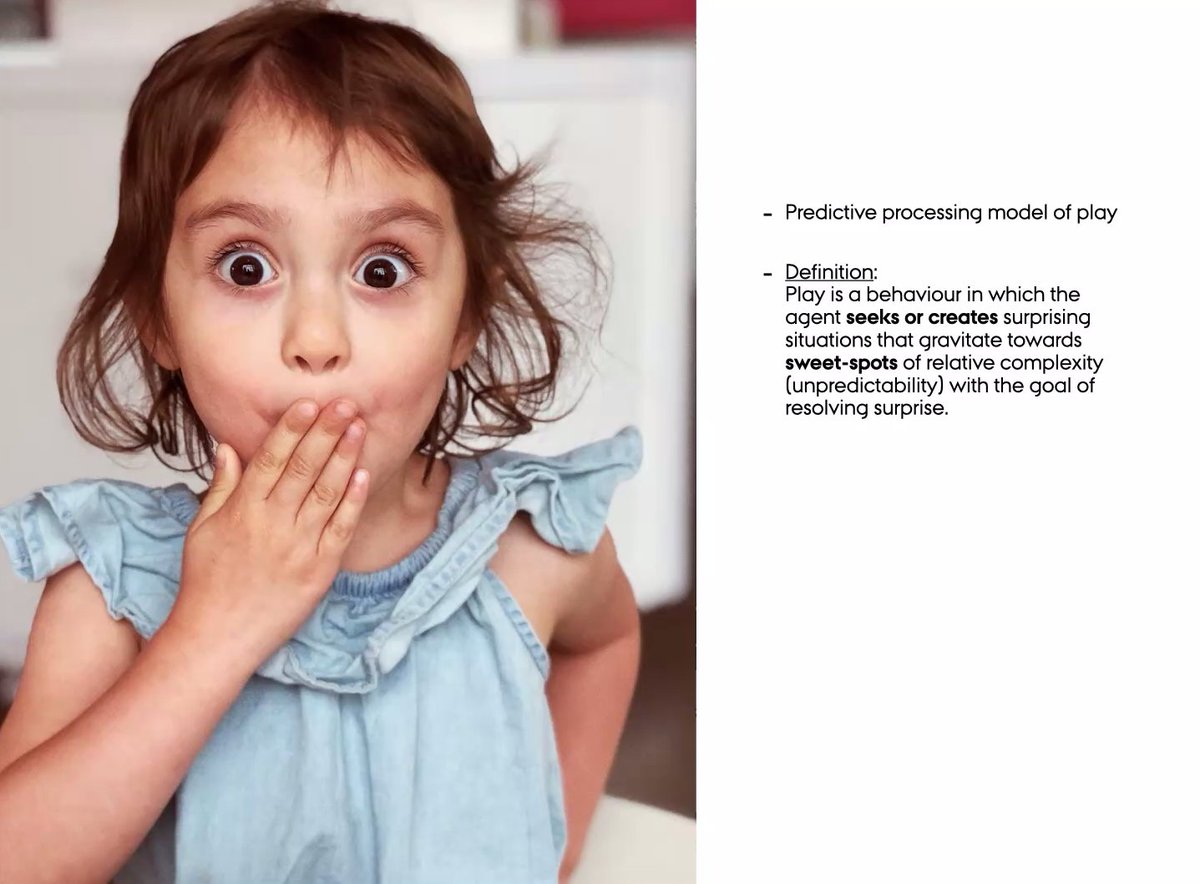
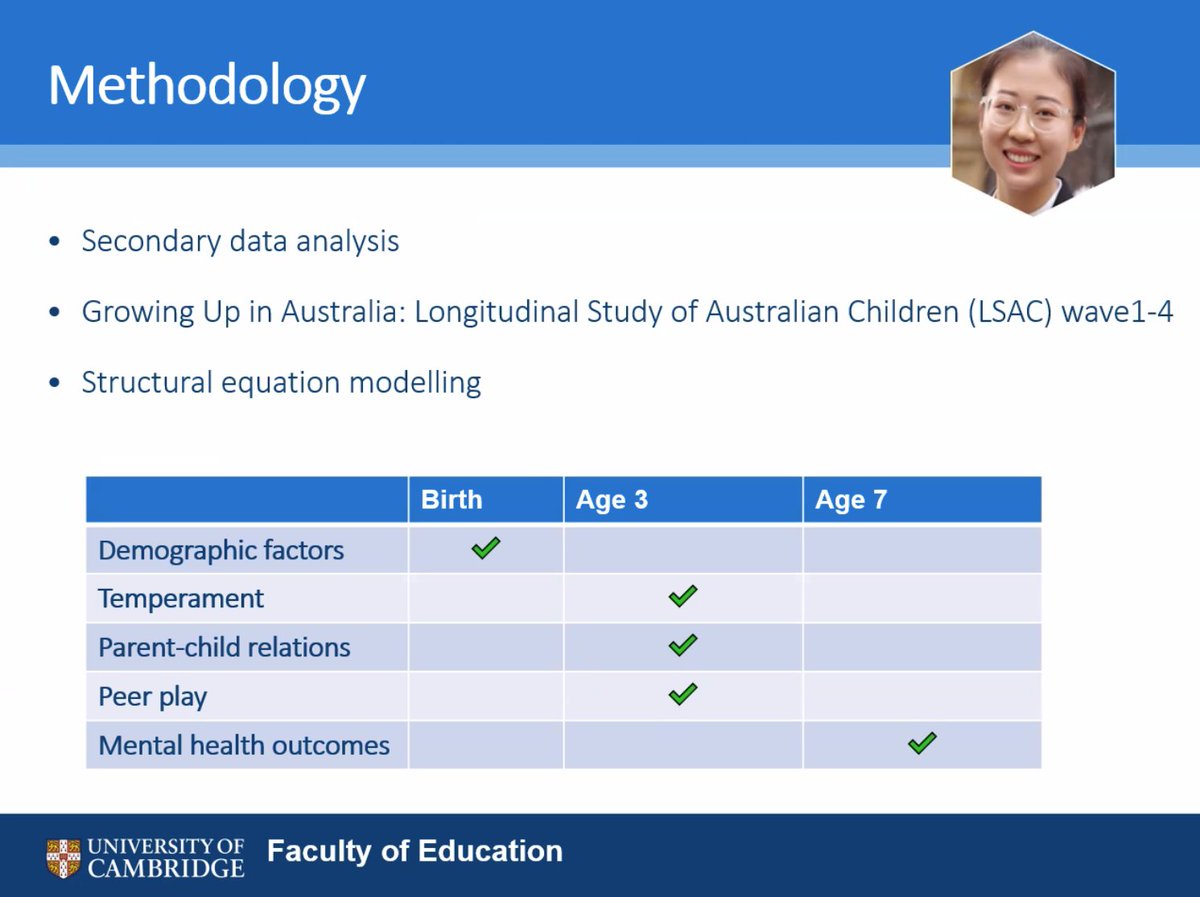
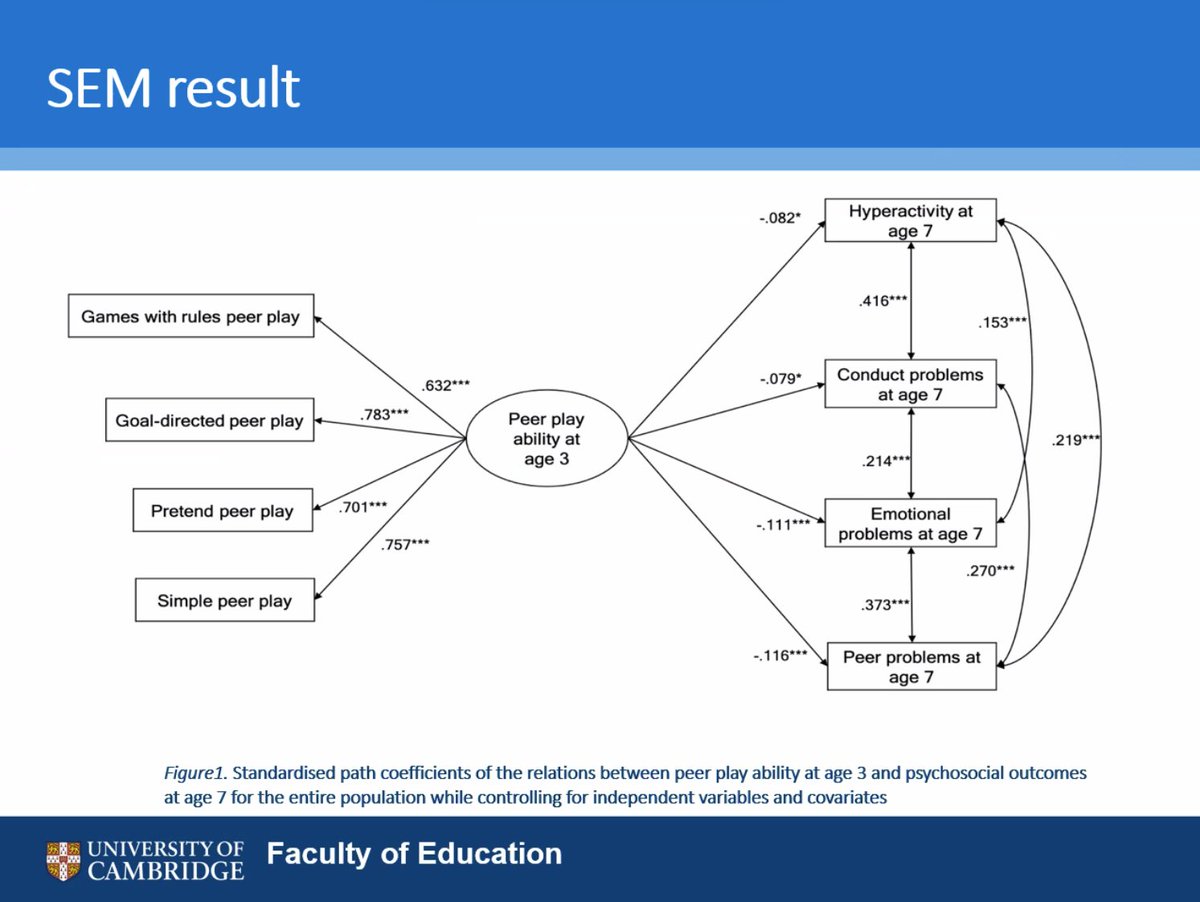
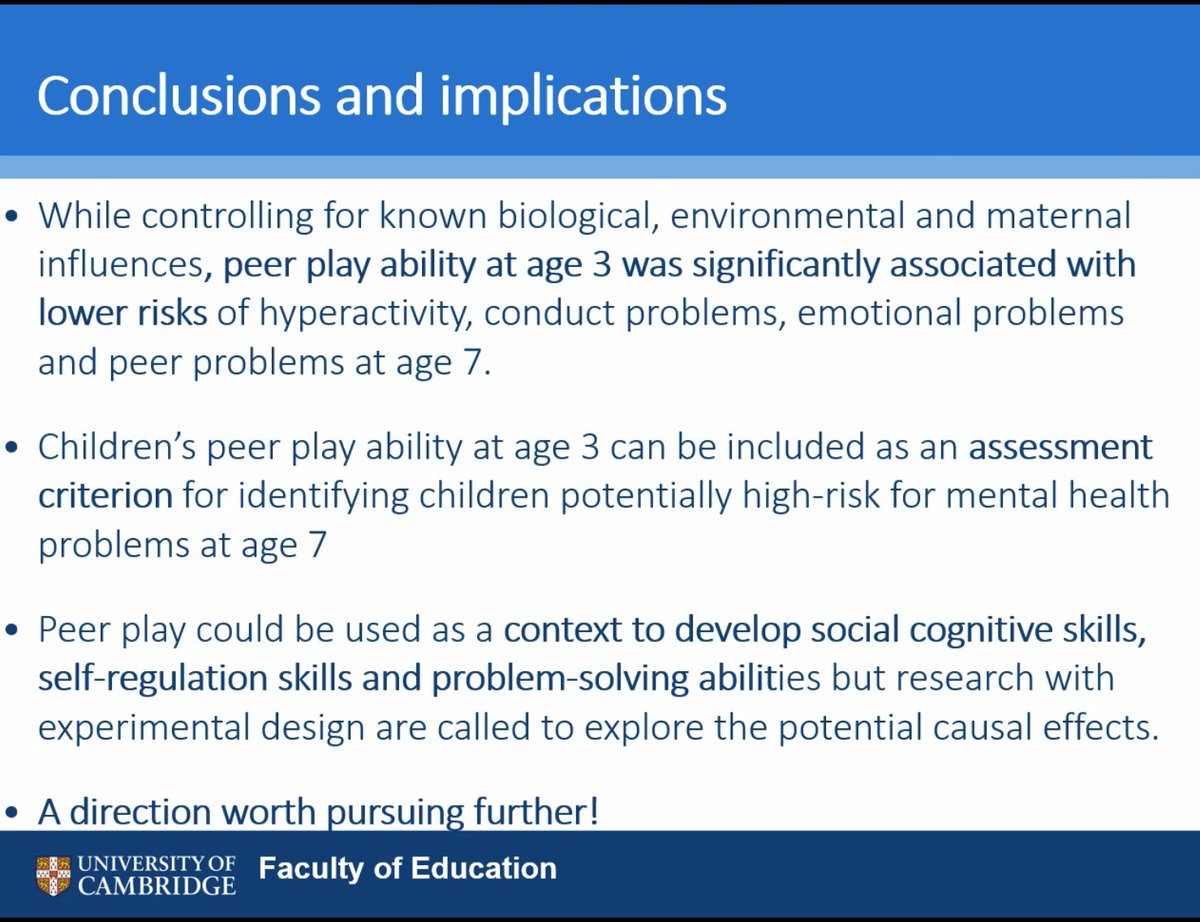
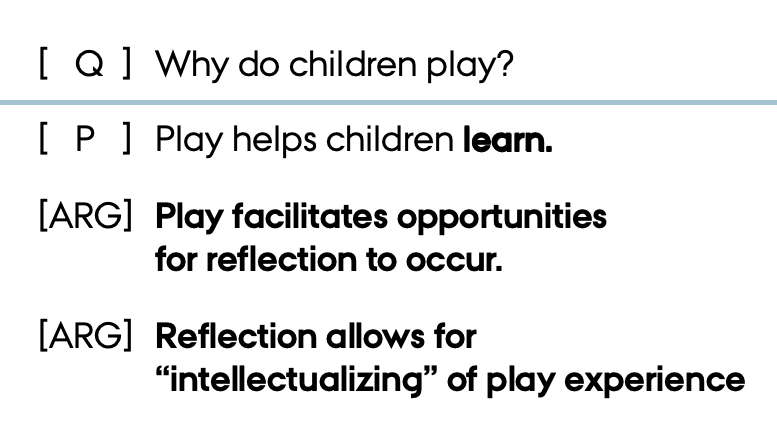
![Much of the current argumentation around this [P] in play lit focuses on an evolutionary account: we play because it prepares us to navigate future uncertainties (i.e., fights, hunting,...). In other words, play spends energy on the proximate level, but ensures fitness ultimately Much of the current argumentation around this [P] in play lit focuses on an evolutionary account: we play because it prepares us to navigate future uncertainties (i.e., fights, hunting,...). In other words, play spends energy on the proximate level, but ensures fitness ultimately](https://pbs.twimg.com/media/EzfQ-e-WQAI2PiD.png)
